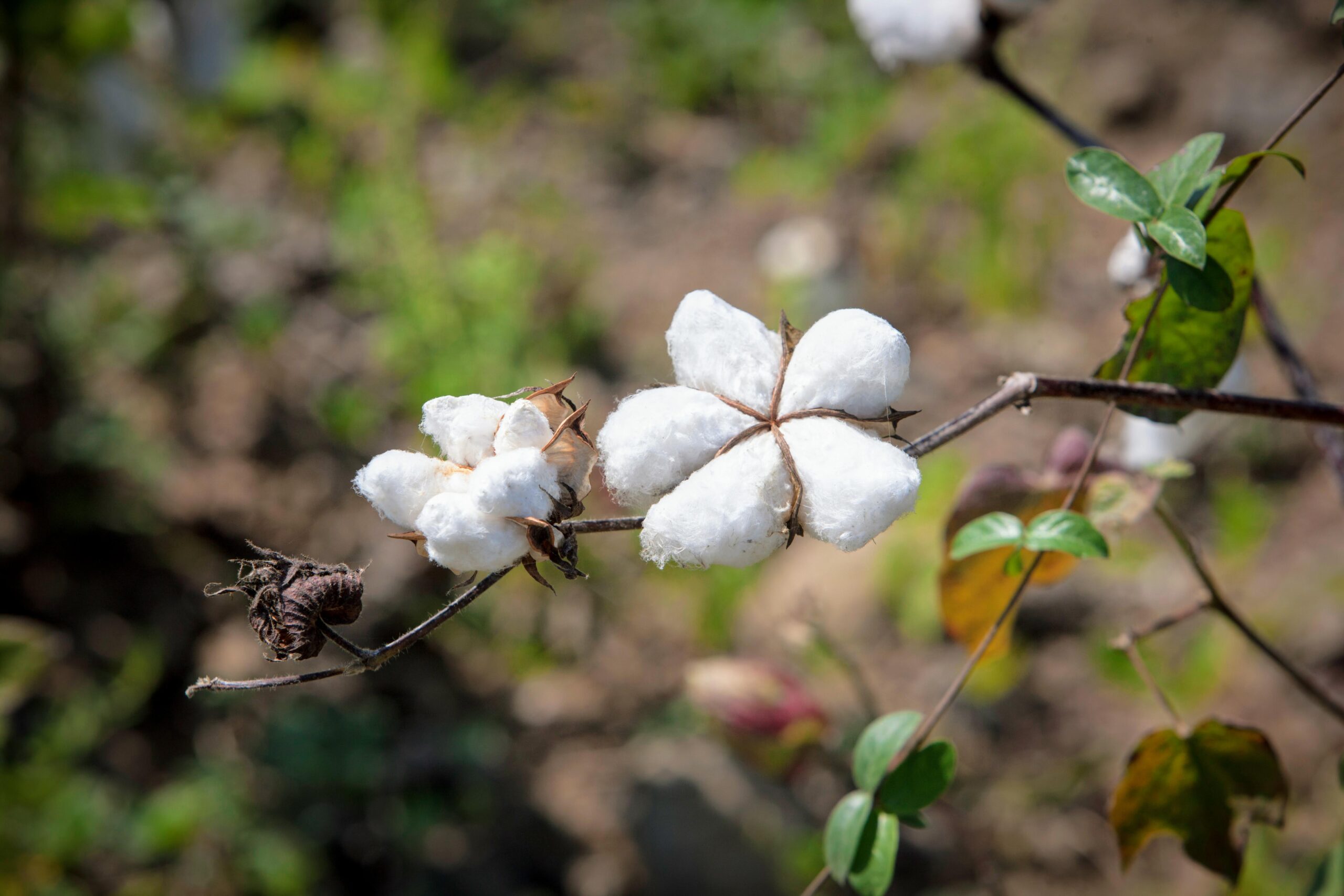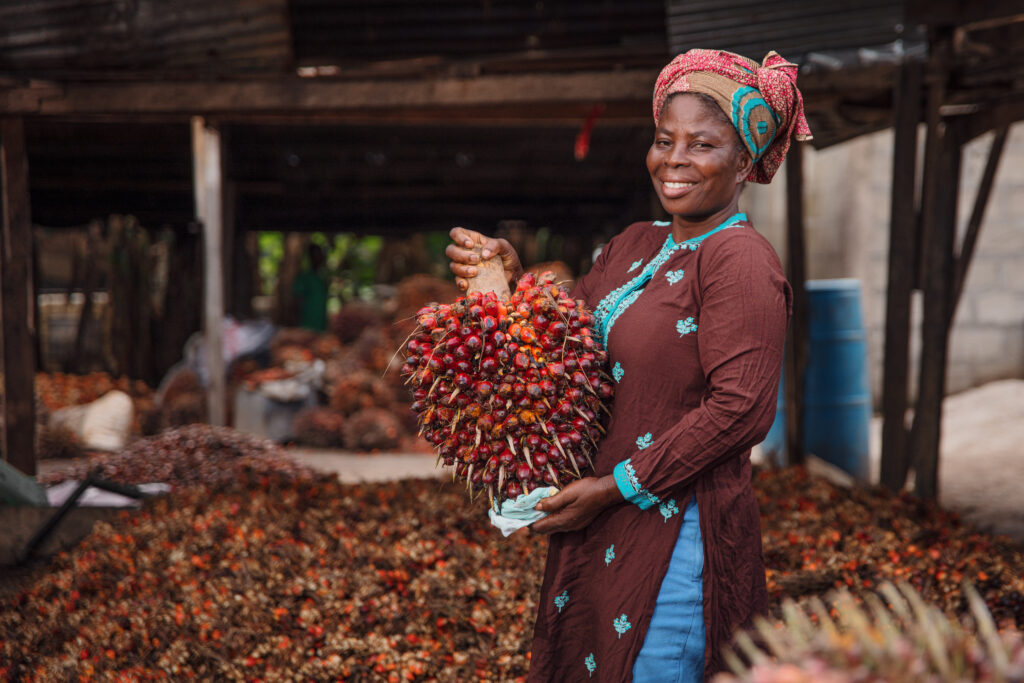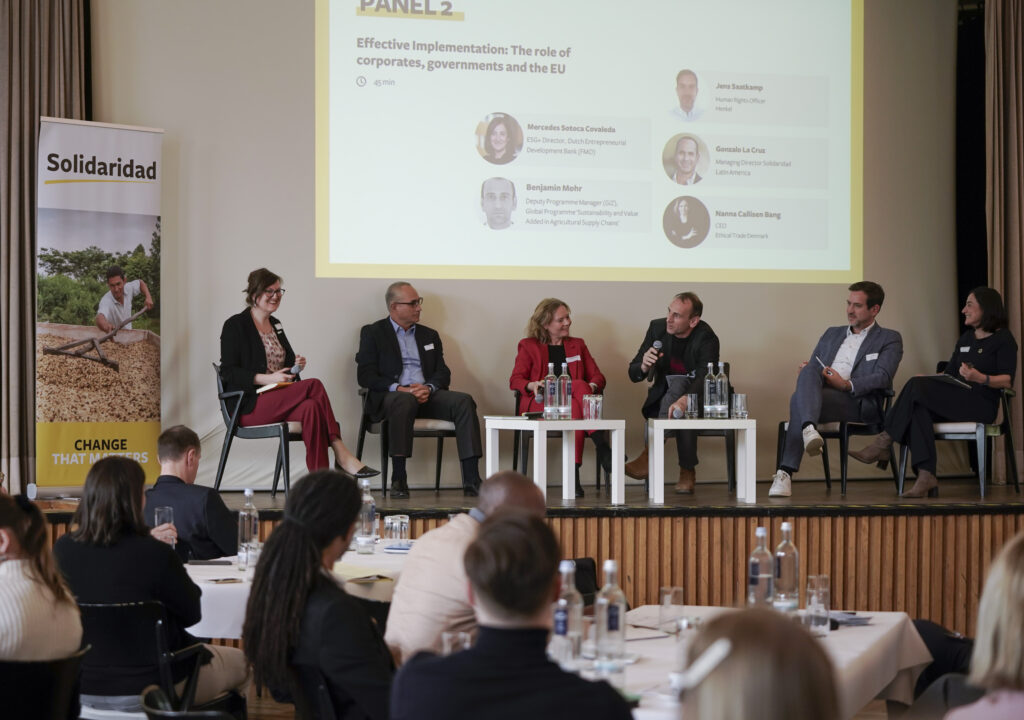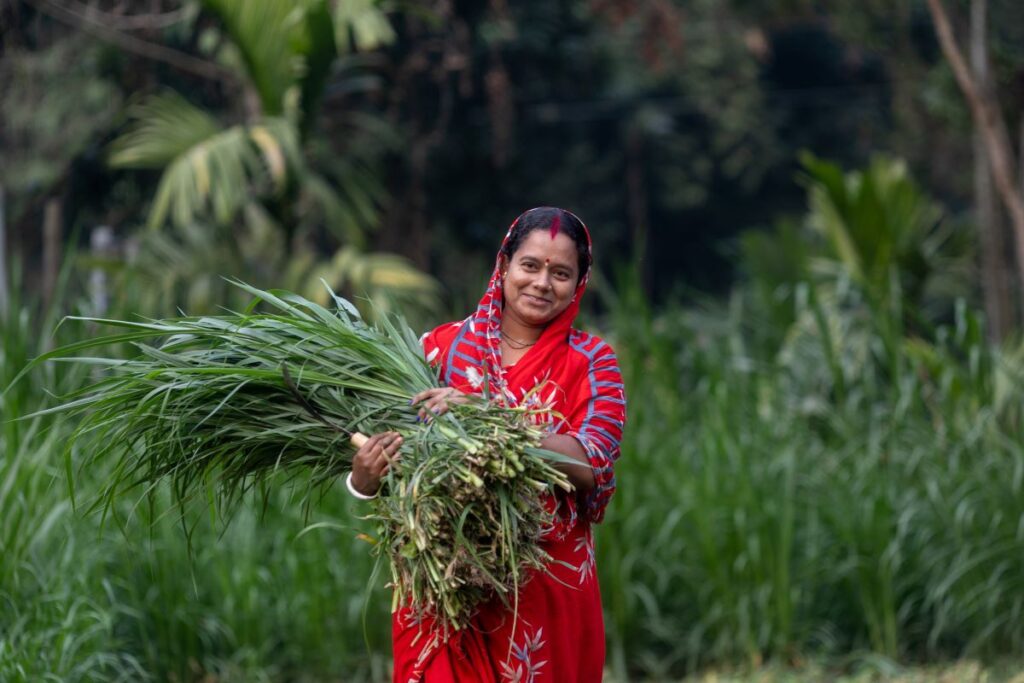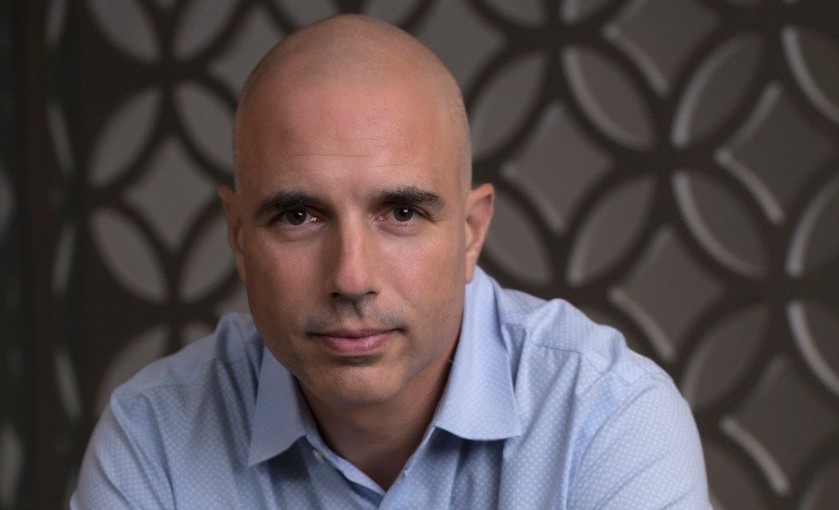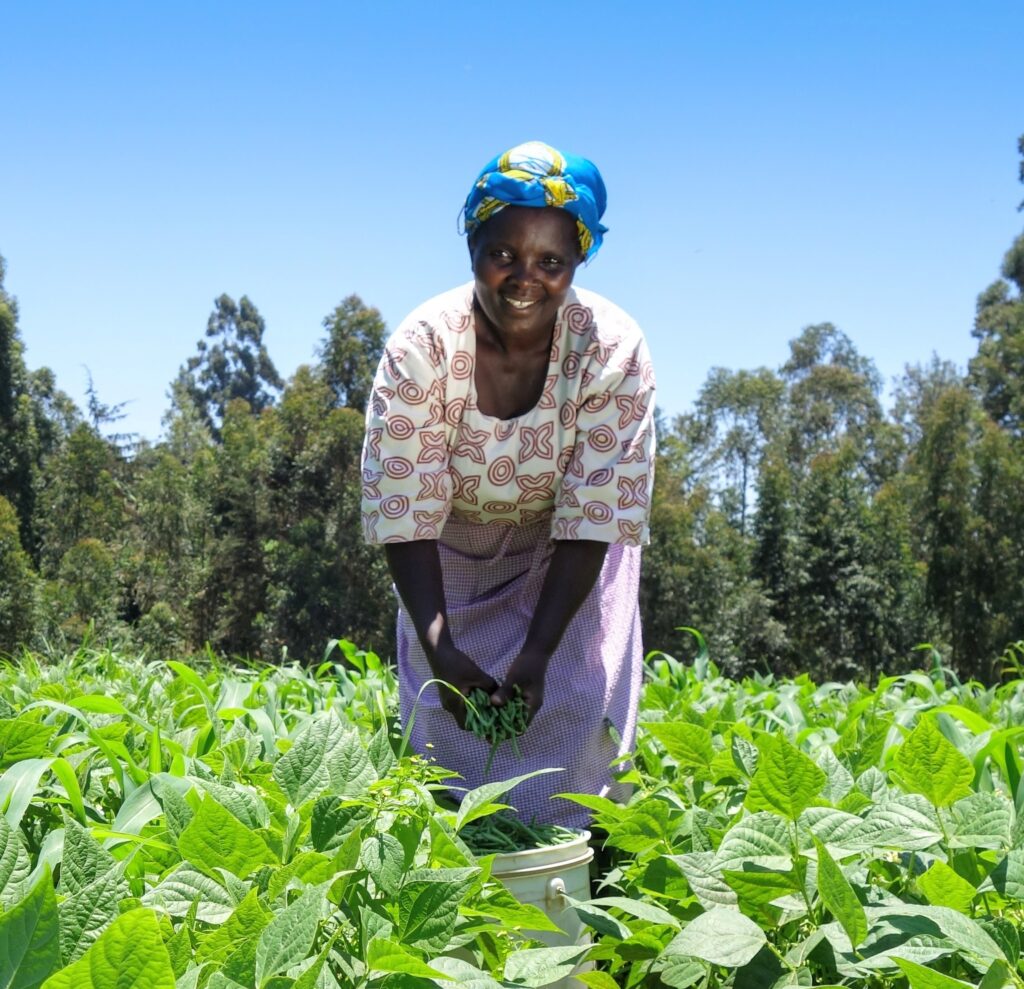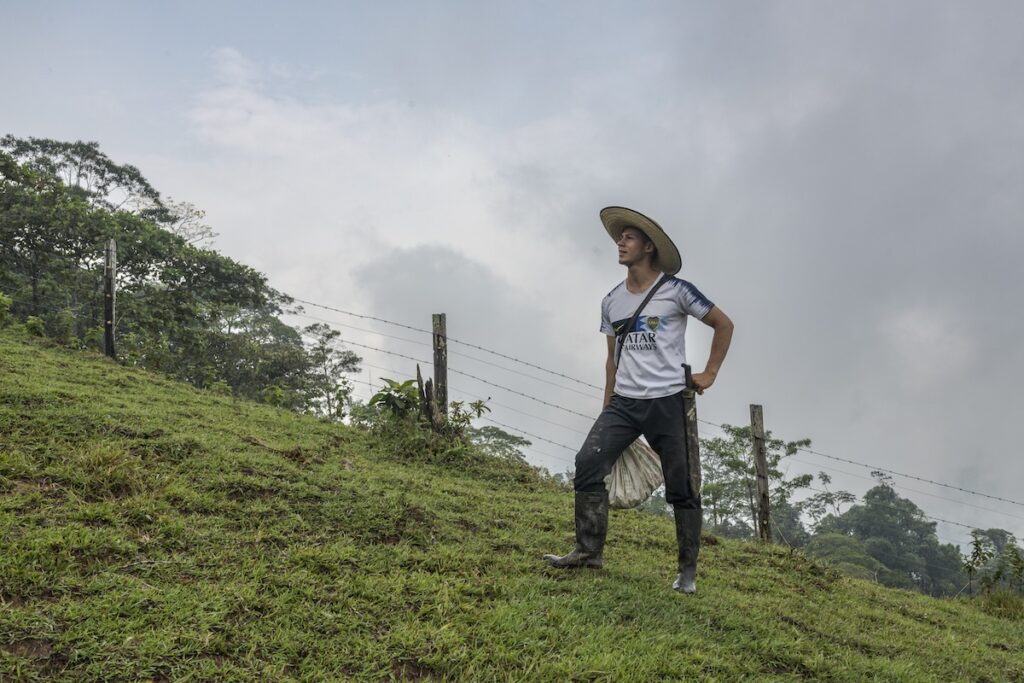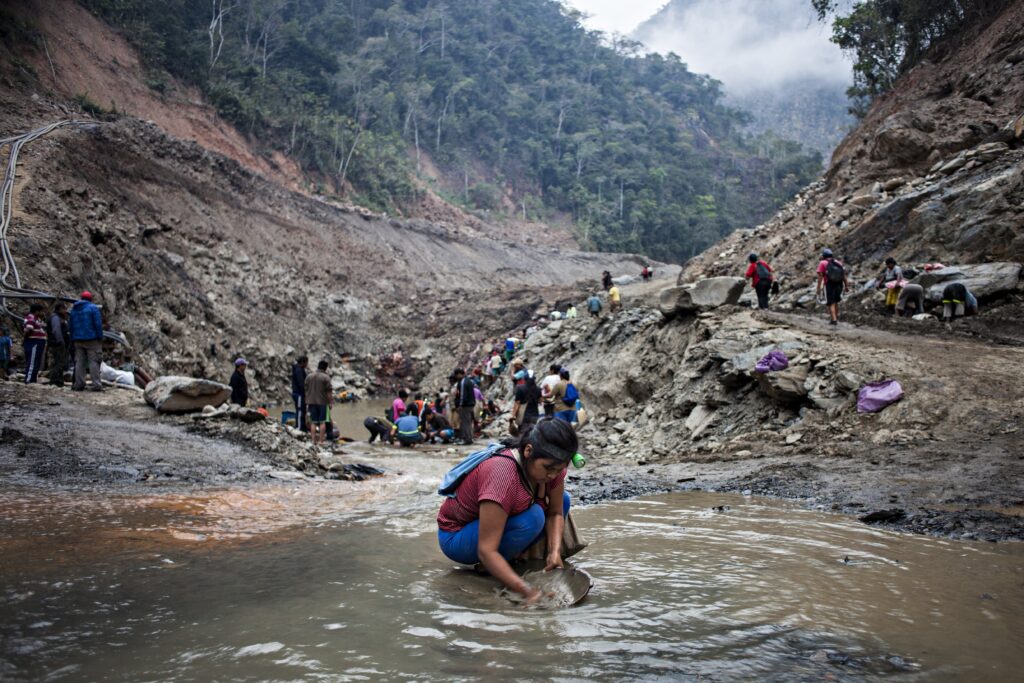Across Zambia, cotton is a primary source of income for more than 300,000 smallholder farmers, but cotton production is at its lowest in decades, down by 50% from 2012. This is due to many factors, including severe drought: this means severe soil degradation, threatening the sector and damaging farmers’ incomes. This is where biochar comes in. Application of biochar to the soil increases its water and nutrient holding capacity, acting as a carbon sponge for rain and an alternative to chemical fertilisers.
New partnership to leverage sustainable potential of biochar
By leveraging Solidaridad’s experience in sustainable agriculture with Planboo’s digital MRVin platform, the partnership aims to support smallholder cotton farmers in Zambia to produce and adopt biochar. Starting with a pilot, and scaling up when successful, the partnership aims to reach 100,000 smallholder farmers in the next 5 years. The objectives are to increase farmer yields, incomes, improve soil health and remove carbon from the atmosphere.
We’re thrilled to join forces with an organisation that aligns so perfectly with our vision of liberating the world from climate change and global inequality. Our MRVin technology, combined with Solidaridad’s expertise, will play a crucial role in achieving our shared goals of global equality and climate resilience.
Freddie Catlow, founder of Planboo
Our partnership with Planboo signifies a powerful alliance dedicated to driving meaningful change in agriculture and combating climate change. Planboo’s MRVin technology provides a streamlined approach to turning waste biomass into high quality carbon dioxide removal (CDRs) for over 100 years, in accordance with the Carbon Standard International Global Artisan C-Sink Guidlines.
Smallholder farmers’ primary goal is to become more resilient to the impact of climate change. On this journey, there is a great win-win potential for smallholder farmers to remove carbon out of the atmosphere. Enabling farmers to benefit from payment for ecosystem services is a great opportunity to speed up the transition. We are excited that our collaboration with Planboo makes this happen for cotton farmers in Zambia.
Shungu Kanyemba, Managing Director, Solidaridad Southern Africa
Smallholder farmers can play an essential role in the transition to a carbon neutral economy; for example, through providing ecosystem services such as capturing CO2 emissions in their trees or soil. This doesn’t only benefit the climate and the environment, but also helps smallholder farmers to increase their yields and incomes.

